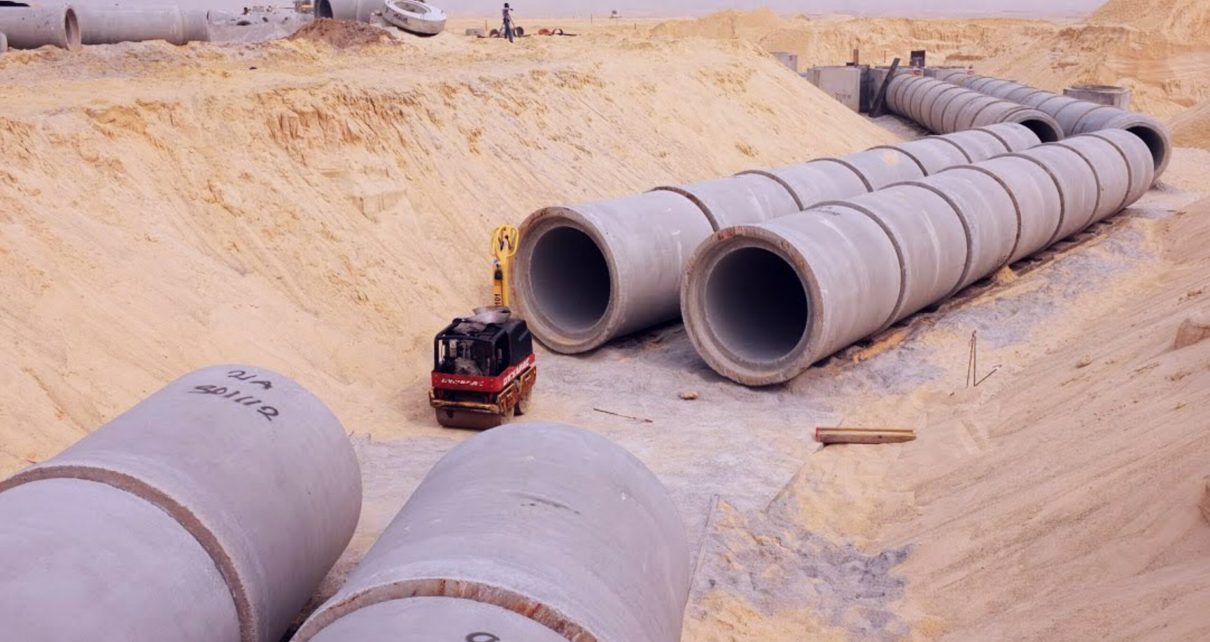The Lagos State Government has initiated a project to develop a secondary drainage masterplan for selected local governments in a bid to mitigate the recurrent flooding challenges faced by the state.
At a forum held on Tuesday, the Commissioner for the Environment and Water Resources, Mr. Tokunbo Wahab, emphasised the importance of sustainable, equitable, and effective flood risk management strategies. He stressed the collaborative role of the government and residents in addressing this pressing issue.
Wahab highlighted the commitment of the present administration to incorporating resident input into government plans, citing the gathering as a testament to this approach. He acknowledged the first major flooding incident in 2012/2013 and commended the proactive response of the then government.
“We will not rest on our oars,” Wahab declared, reiterating the government’s dedication to year-round cleaning and infrastructural development to make Lagos flood-free.
Addressing the global phenomenon of climate change and its impact on flooding, Wahab noted that even countries with robust infrastructure have experienced flooding in recent times.
Governor Babajide Sanwo-Olu’s Special Adviser on Environment, Mr. Olakunle Rotimi-Akodu, reaffirmed the ministry’s commitment to finding a lasting solution to the flooding menace. He emphasised the importance of synergy between the state and local governments, ministerial departments, and communities in addressing this issue.
Rotimi-Akiodu encouraged residents to report instances of unauthorised construction on drainages, rights of way, or setbacks, assuring them of compensation for affected individuals and prosecution for violators.
The Permanent Secretary, Office of Drainage Services, Mr. Olalekan Shodeinde, highlighted the significance of the first masterplan, developed in the 1970s, as a guiding document for stormwater management interventions. He underscored the importance of proper water management to prevent it from becoming a menace.
Shodeinde explained that the first masterplan led to the development of another masterplan in 2015, primarily focused on primary channels, which are naturally existing canals. The need for a masterplan for secondary collector drains was emphasized.
The Priority One project, covering Ikorodu, Kosofe, Eti-osa, Shomolu, and Ibeju Lekki, identified as the most flood-prone local government areas in the state, was outlined. Additionally, the Priority Two project, covering Ajeromi, Ifelodun, Òjò, Amuwo Odofin, and Alimosho Local Government Areas, was detailed.
The Lead Consultant from Pheman Peniel Consultants Ltd., Dr. Emmanuel Adeyemo, elaborated on the objectives of the intervention, including reducing flooding, managing flood risk sustainably, and aiding the Office of Drainage Services in managing future drainage development and flood mitigation activities.
Adeyemo emphasised the 40-year developmental plan spanning from 2025 to 2065, which identifies problematic areas, particularly low-lying areas, and aims to minimise the negative health impacts of flooding.
The Chairman House Committee on Environment, Hon Lanre Afinni, and Permanent Secretary, Environmental Services, Gaji Omobolaji Tajudeen, were also present at the forum. Additional participants included former permanent secretaries, local government chairmen, experts in the building and engineering sectors, and stakeholders in the environmental ecosystem.




